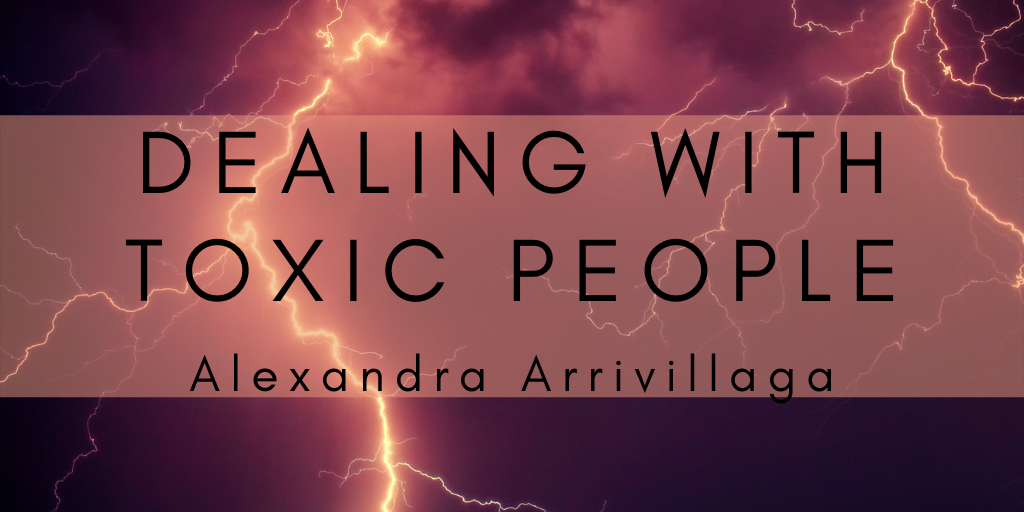Dealing With Toxic People
Today, more people are raising awareness regarding toxic relationships. Everyone must have encountered at least one toxic person in life. Be it in a friend group, in one’s family, or at the workplace, a range of toxic people exist, who may not know it.
In fact, people may live large chunks of their lives not recognizing that they are in a toxic relationship.
So what exactly makes a person toxic and what are some practical ways to deal with them?
What makes a person toxic?
First of all, the most extreme cases of toxic relationships will include some form of abuse, be it physical, emotional, or verbal. Other times, a toxic person will be more hidden or difficult to pinpoint. Generally, intuition and emotions can be useful. In the presence of a toxic person, one may consistently feel drained, anxious, tense, and overall negative.
Signs of a Toxic Relationship
Every relationship is different, and every toxic individual is different. That being said, there are some general signs that someone is toxic.
- Continual disrespect
- Manipulation tactics (guilt-tripping, gaslighting, etc.)
- Persistent feelings of anger, unhappiness, or stress
- Feeling tense in their presence
- Outright verbal and emotional abuse
- Related mental health issues
- Feeling like one must put the toxic person first
- Friends or family have expressed concern
- It’s difficult to please a toxic person
- Feeling a lack of support
Signs of a toxic person vary depending on severity. However, a good way to figure out if someone is toxic is to track emotions and consistency. Usually, if someone is questioning if their friend, coworker, or significant other is toxic, it’s better not to doubt oneself. A relationship takes into account two peoples’ feelings and well-being, after all.
What to do when dealing with toxic people?
In short, there are two options. When dealing with a toxic person, one might decide to try to make it work or to cut ties with that person.
The first option might take much effort. The first step is to accept the situation rather than make excuses for the toxic person. Usually, confrontation won’t lead to a magical change. However, one can refrain from carrying the toxic person’s responsibility, be more honest with them in all future encounters, and continually forgive them (within reason) if the relationship truly is worth salvaging.
The second option is also completely valid. Of course, if a toxic relationship has crossed the line to violence, abuse, or codependence – the best thing to do is to leave. Even if it is not that severe, it’s critical to weigh the importance of the relationships against one’s happiness, health, and wellbeing.

